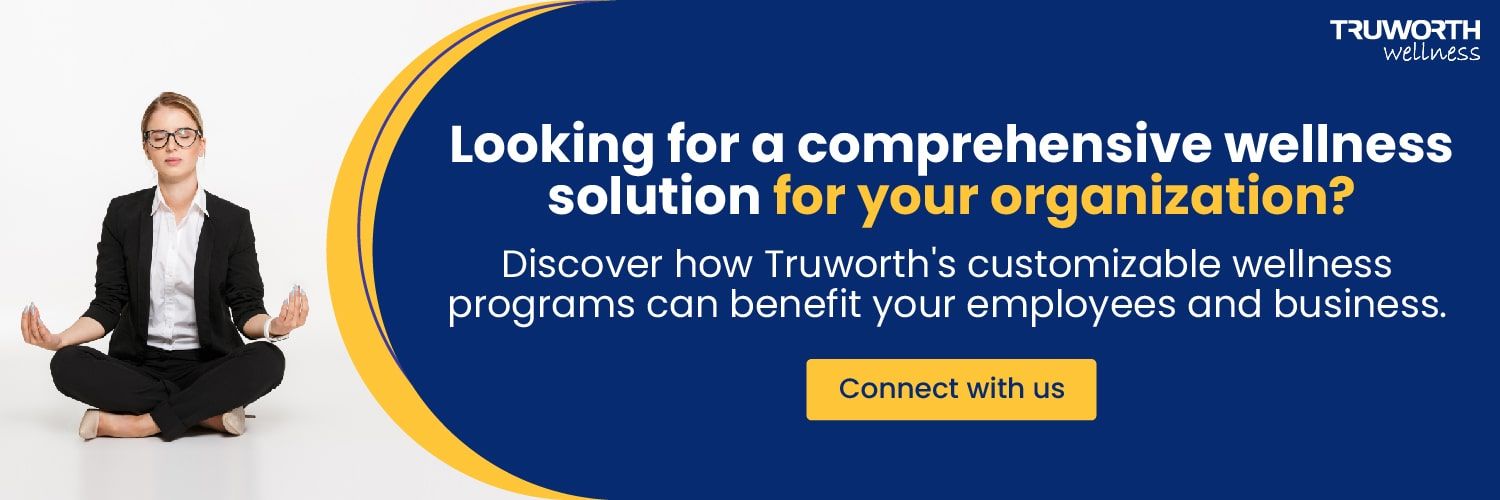Empowering Employee Growth: The Role Of EAPs In Skill Enhancement

While the Employee Assistance Program (EAP) is primarily known for addressing personal issues and providing mental health support, many people mistakenly believe that it serves only as a platform for issue resolution.
However, as we move forward in this blog, we'll see how EAPs have evolved beyond this traditional notion and now play a pivotal role in enhancing employee skills and contributing to overall corporate wellness.
First, let's take a closer look at some common misconceptions about EAPs and understand their true potential:
Myth 1: EAPs are only for addressing personal issues.
Reality: While EAPs indeed help employees deal with personal challenges, they now offer much more than issue resolution. Skill Enhancement programs within EAPs focus on nurturing talents, fostering growth, and improving professional competencies.
Myth 2: EAPs are reactive rather than proactive.
Reality: Historically, EAPs may have been seen as reactive measures to support employees facing problems. However, the inclusion of Skill Enhancement components showcases a proactive approach, empowering employees to stay ahead in their careers and adapt to changing work demands.
Myth 3: Skill Enhancement is not a priority for EAPs.
Reality: Corporate wellness programs, including EAPs, are increasingly recognizing the significance of Skill Enhancement. By investing in employees' skill development, organizations create a win-win situation, benefiting both the employees and the company's success.
Myth 4: EAPs are only for troubled employees.
Reality: EAPs are available to all employees, irrespective of their performance or personal challenges. Skill Enhancement programs are designed to uplift and empower every employee, boosting their confidence and job satisfaction.
Myth 5: Skill Enhancement doesn't address mental health concerns.
Reality: Skill Enhancement and mental health support are not mutually exclusive. In fact, they complement each other. When employees feel empowered through skill development, they are better equipped to manage stress and mental health challenges effectively.
The Role of Skill Enhancement in EAPs
1. Unlocking Employee Potential
- Skill Enhancement empowers employees to unlock their true potential by identifying and developing their strengths.
- Training and workshops provide opportunities for growth and personal development, leading to improved job performance.
2. Boosting Employee Confidence
- Learning new skills and competencies boosts an employee's self-confidence and self-esteem.
- Confident employees are more likely to take on challenges, be innovative, and contribute positively to the organization.
3. Adapting to Changing Demands
- The corporate landscape is constantly evolving, and employees need to stay relevant by updating their skills.
- Skill Enhancement enables employees to adapt to changing job requirements and technological advancements.
4. Career Advancement
- Employees who actively participate in Skill Enhancement programs are more likely to be considered for career advancement opportunities within the organization.
- It also enhances their employability in the job market, providing them with a sense of security and career growth.
5. Reducing Stress and Burnout
- A well-rounded Skill Enhancement program can include stress management techniques, time management skills, and work-life balance training.
- Equipping employees with such tools helps reduce stress and prevent burnout, leading to a healthier and happier workforce.

Key Components of a Skill Enhancement Program
A Skill Enhancement Program is a powerful tool for empowering employees and driving organizational success. Focusing on nurturing talents, expanding capabilities, and fostering growth, paves the way for a thriving and dynamic workforce. Let's explore its key components and the transformative impact they have on individual and collective growth.
1. Personal Development Workshops
Conducting workshops on communication skills, leadership development, and emotional intelligence to foster personal growth.
2. Technical Training
Providing technical training and certifications to enhance job-specific skills, especially in rapidly changing industries.
3. Continuous Learning Opportunities
Encouraging employees to pursue further education or online courses that align with their career aspirations.
4. Coaching and Mentorship
Pairing employees with mentors or coaches who can guide them in their career journey.
5. Team-Building Exercises
Organizing team-building activities that promote collaboration, problem-solving, and creativity.
Measuring the Success of Skill Enhancement Programs
1. Employee Feedback and Engagement
Regular surveys and feedback sessions help gauge employee satisfaction with the Skill Enhancement initiatives.
2. Job Performance Metrics
Tracking performance improvements and productivity changes resulting from the skill development programs.
3. Retention Rates
Monitoring employee retention rates can help assess the impact of skill development on job satisfaction.
Role Of Corporate Wellness Program
- A Corporate Wellness Program is an initiative taken by companies to improve the overall health and well-being of their employees.
- The primary aim is to create a positive work environment that fosters employee happiness, productivity, and engagement.
- Such programs can include various components like fitness activities, health screenings, mental health support, and Skill Enhancement through EAPs.
Key Takeaways
- The Employee Assistance Program (EAP) is a confidential and voluntary service offered by employers to help employees cope with personal problems affecting their work performance and overall well-being.
- Traditional EAPs have focused on addressing issues such as stress, anxiety, substance abuse, and mental health concerns.
- In recent times, EAPs have evolved to embrace a proactive approach by incorporating Skill Enhancement as a core element.